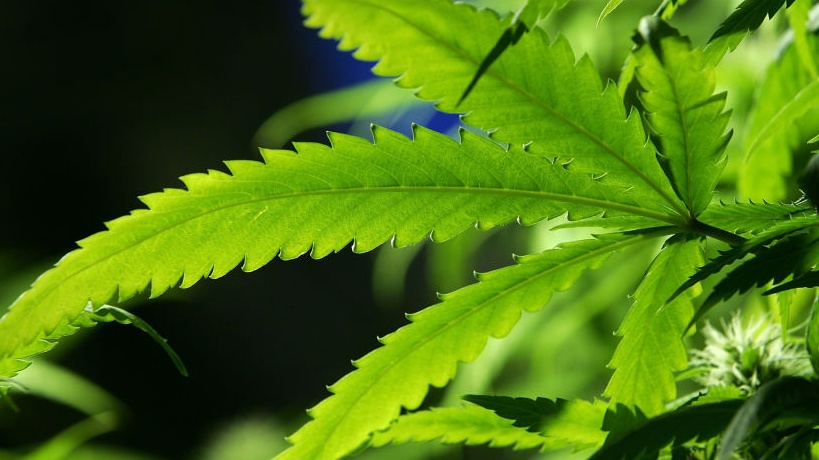Virginia's Senate is looking to put an end to smell-related police searches, passing a bill on Friday that would ban officers from conducting searches solely based on the odor of marijuana, according to InsideNova.
Senate Bill 5029 was approved on a 21-15 vote after being submitted by State Senator Louise Lucas.
The bill includes a number of new rules about traffic stops but states that "no law-enforcement officer may lawfully search or seize any person, place, or thing solely on the basis of the odor of marijuana and no evidence discovered or obtained as a result of such unlawful search or seizure shall be admissible in any trial, hearing, or other proceeding."
"Changes from primary offenses to secondary offenses the possession of marijuana and the traffic infractions of operating a motor vehicle without a light illuminating a license plate, without an exhaust system that prevents excessive or unusual levels of noise, with certain sun-shading materials and tinting films, and with certain objects suspended in the vehicle. A secondary offense is one for which a summons can only be issued if the offender is stopped for another, separate offense," the bill summary read, according to Virginia's legislative information system.
Activists in Virginia and across the country have long sought to bring an end to police stops and seizures based only on the smell of marijuana.
Claire Gastañaga, executive director of ACLU Virginia, explained to InsideNova that for decades, the smell of marijuana has been used as a way for police officers to arrest people for other infractions.
“Occasionally, they’ll find evidence during that of some other criminal activity, but many times they don’t. As a consequence, it provides an excuse for essentially over-policing people who have done nothing wrong. This would take [away] that pretextual tool for police stopping people on the street, or for demanding to search a vehicle," Gastañaga said.
The ACLU and other civil rights organizations have said even in states where marijuana is legalized or decriminalized, police still use the smell as the impetus for initiating searches and interactions that can sometimes have deadly consequences.
The ACLU recently released a report showing the wide disparity in how marijuana and its smell are used by police to harass, arrest and detain Black people. They examined data from 2010 to 2018, showing that despite changes across the country to the legality of marijuana, little had changed in how police approached it when Black Americans used it.
"On average, a Black person is 3.64 times more likely to be arrested for marijuana possession than a white person, even though Black and white people use marijuana at similar rates. Just as before, such racial disparities in marijuana possession arrests exist across the country, in every state, in counties large and small, urban and rural, wealthy and poor, and with large and small Black populations," the report read.
"In every state and in over 95% of counties with more than 30,000 people in which at least 1% of the residents are Black, Black people are arrested at higher rates than white people for marijuana possession," the study noted, adding that because of marijuana-related arrests and searches, Black and Latino people faced "not only arrests, incarceration, and lifelong criminal convictions, but also the loss of jobs, housing, financial aid eligibility, child custody, and immigration status."
Chelsea Higgs Wise, executive director of Marijuana Justice, said that even though Virginia decriminalized marijuana in July, Black people in the state were still being stopped by police because of the smell and arrested for other violations.
“This is a small but important step to decriminalizing Black and brown bodies of being targeted by this longtime policing tool, which was really created by politicizing the war on drugs. The odor of marijuana is something that our undocumented community is anxious about because it’s life or death and separation from their families,” Wise said.
The bill will now be sent to the House of Delegates where it needs to be approved before being sent to Governor Ralph Northam for signage.
The House of Delegates already has its own version of the bill that was submitted by Delegate Patrick Hope. It contains very similar language as Lucas' bill and was approved 13-7 in a House Courts of Justice committee last Wednesday.
“A disproportionate number of people pulled over for minor traffic offenses tend to be people of color. This is a contributor to the higher incarceration rate among minorities," Hope said during the vote.
